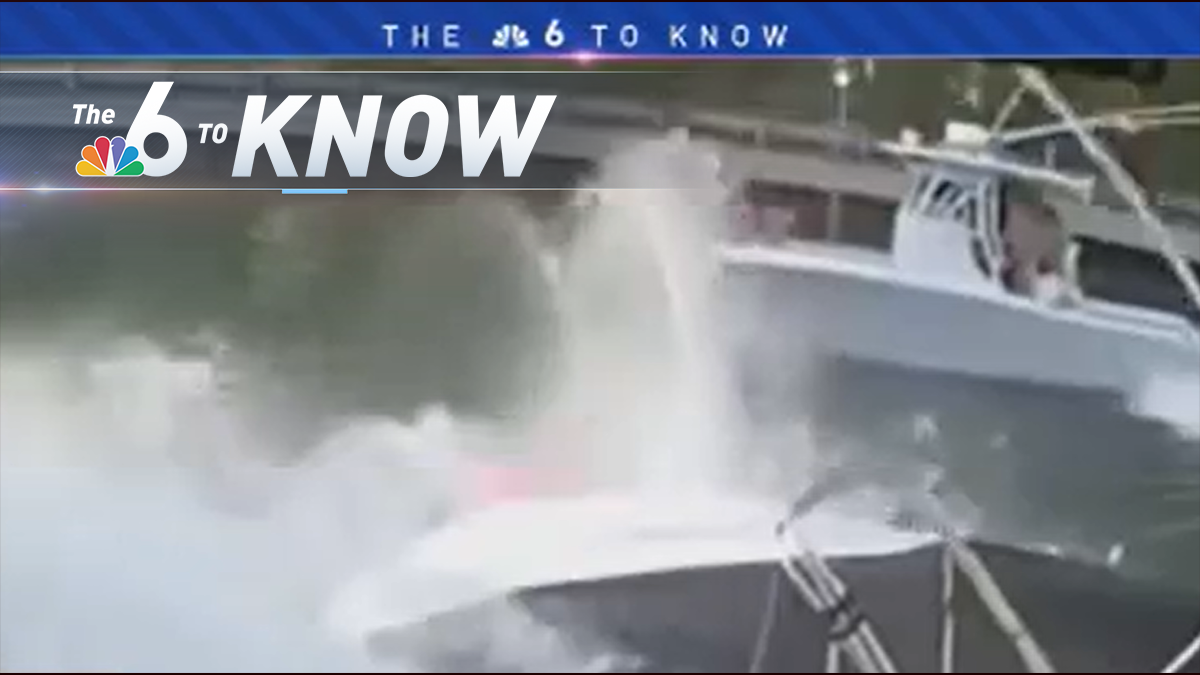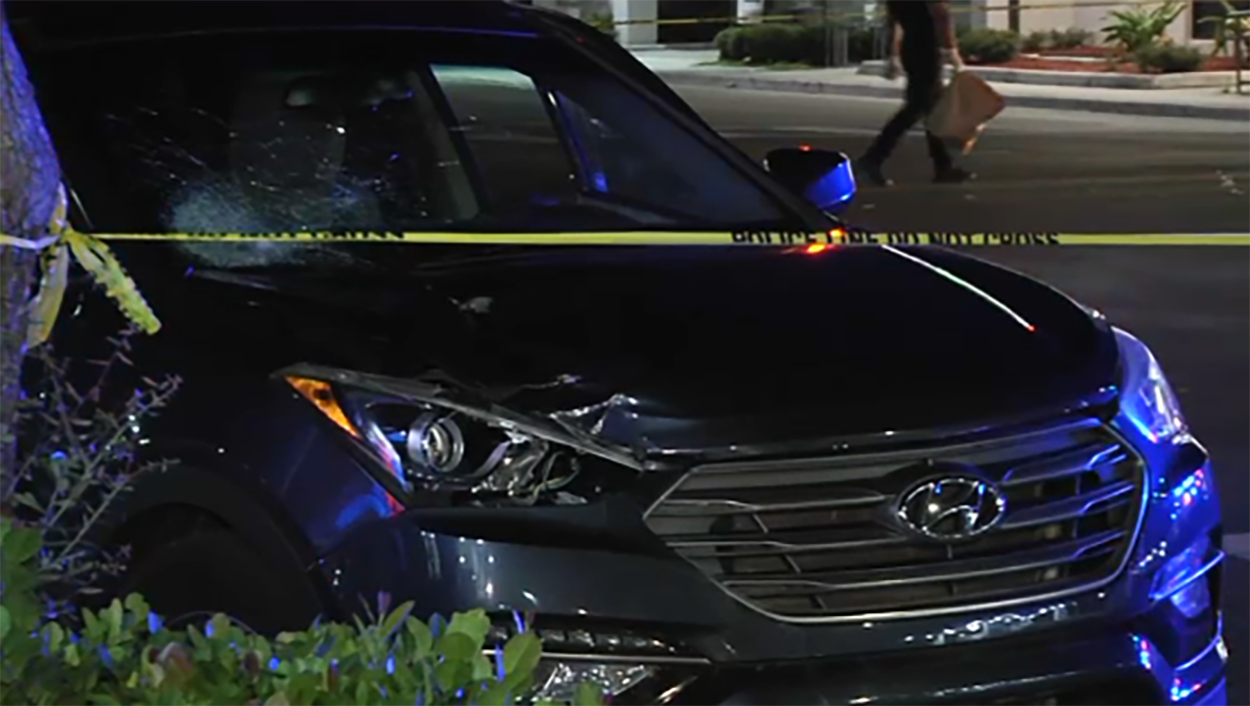One week ago, tragedy struck at a high school water polo tournament when Belen Jesuit sophomore Lucas Osuna suffered a sudden cardiac arrest and died. His father confirmed today that Lucas had an undiagnosed condition, they suspect Marfan’s Syndrome, which can lead to heart issues. The family had no idea.
The state of Florida only requires all high school athletes to undergo a regular physical exam, but underlying heart conditions can often go unnoticed.
One week ago, tragedy struck at a high school water polo tournament when Belen Jesuit sophomore Lucas Osuna suffered a sudden cardiac arrest and died.
His father confirmed Friday that Lucas had an undiagnosed condition, they suspect Marfan’s Syndrome, which can lead to heart issues. The family had no idea.
Watch NBC6 free wherever you are
The state of Florida only requires all high school athletes to undergo a regular physical exam, but underlying heart conditions can often go unnoticed.
That’s what happened to the Keime sisters.
Get local news you need to know to start your day with NBC 6's News Headlines newsletter.
"So our page is Heartcharged,” explained Hannah Keim, showing off her Instagram page.
It’s a social media site designed by young people to reach other young people about undiagnosed heart conditions, using graphics and TikTok-style videos to reach the target audience.
“We started five years ago, and it’s definitely grown into something, we’re just like, hey, if we save one life, mission accomplished, we’ve been able to save dozens of lives through our work,” Keime said.
She and her sister, Bethany Keime, were each diagnosed with hypertrophic cardiomyopathy when they were in high school. It’s an abnormal thickening of the heart muscle, the most common cause of sudden cardiac deaths in young athletes.
“My doctor was like, 'you cannot continue playing sports, like you are putting yourself at risk and I’m actually surprised with how active you were, you hadn’t dropped dead yet,'" Keime said.
Her cardiologist implanted a defibrillator in her body. Has it ever kicked in to restart her heart?
“Yes, twice!” Keime said.
She and her sister are the lucky ones. Lucas Osuna never had a chance because his condition was undiagnosed. His aorta ruptured while he was in the cooldown pool, and even immediate CPR was not enough to save him.
“Number one, it is a tragedy to be sure and obviously what this young man’s family is dealing with, I can’t imagine," said Dr. Eli Friedman, medical director of sports cardiology at Miami Cardiac & Vascular Institute, which is part of Baptist Health.
Friedman says it’s crucial for any athlete’s parents to inform their pediatrician about the family medical history, especially if there are any heart issues. Also, any symptoms, such as dizziness, fainting, fatigue, heaviness in the chest, irregular heartbeat, and shortness of breath to a doctor immediately.
But Friedman says requiring every high school athlete to get an EKG is not the answer.
“Up to 50% of causes of cardiac arrest in sport would not be detected by an electrocardiogram and a physical exam,” Friedman explained. "So I think we get into really troublesome waters if we start mandating that everyone has to get an electrocardiogram to play sports, there’s a lot of kids who engage in sports outside of school, do they get an electrocardiogram? How abut kids in PE class and the marching band, do they need an EKG?"
Friedman says EKG exams sometimes detect things which turn out not to be worrisome at all, but require extensive, and sometimes expensive, follow-up visits and testing.
About 23,000 kids are stricken by sudden cardiac arrest in this country every year, and only 9% survive. One in 300 kids has an undiagnosed heart condition.
You can learn more about this subject on the Heartcharged Instagram page, including how to save a life with CPR.



